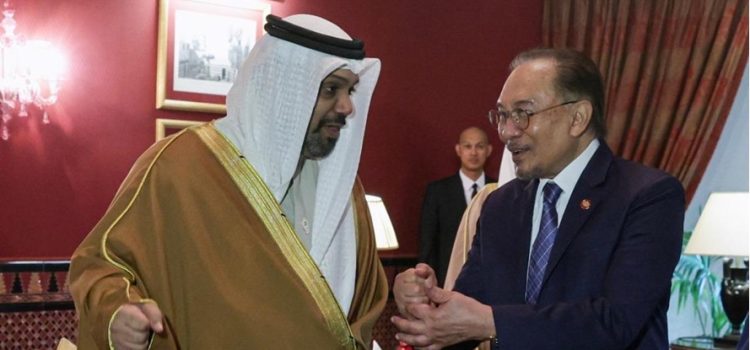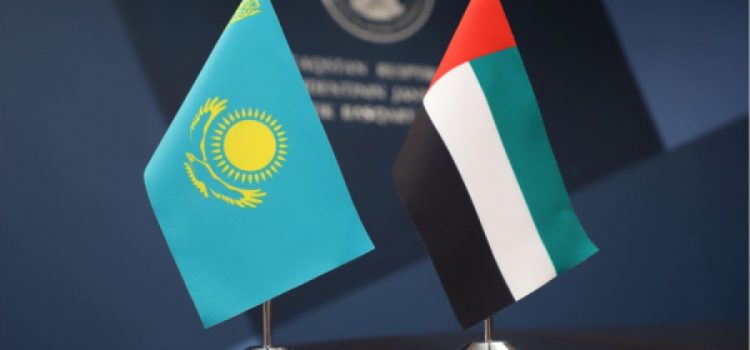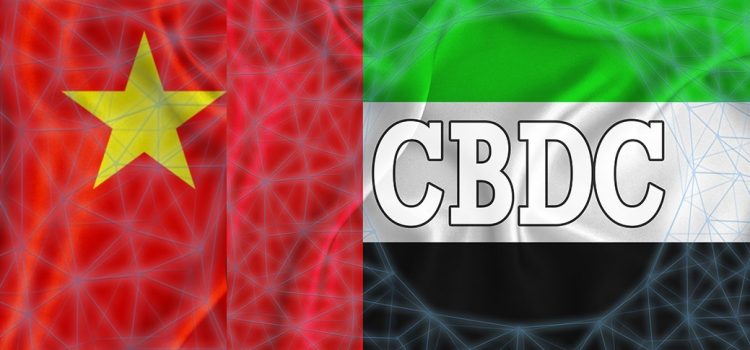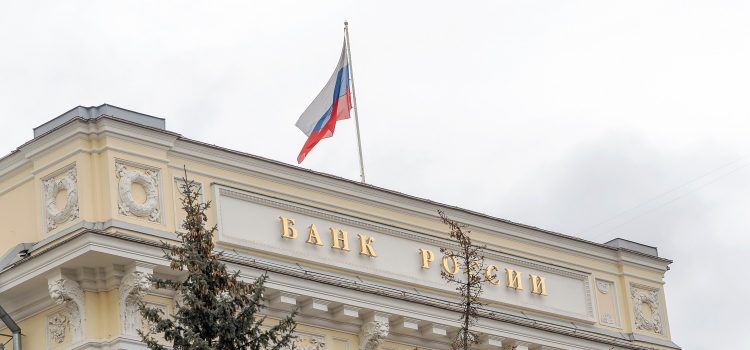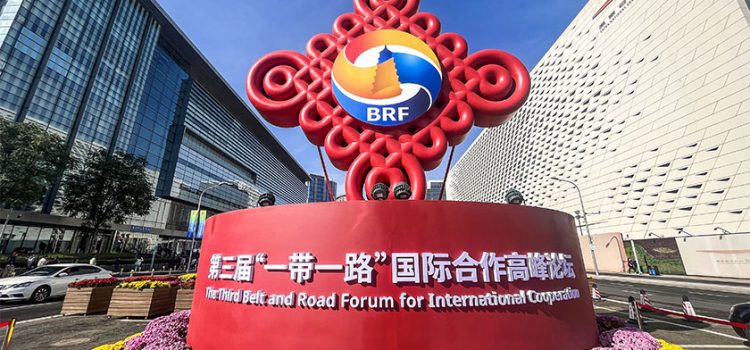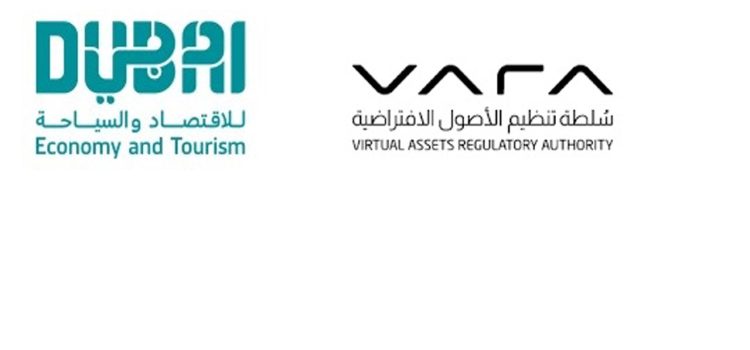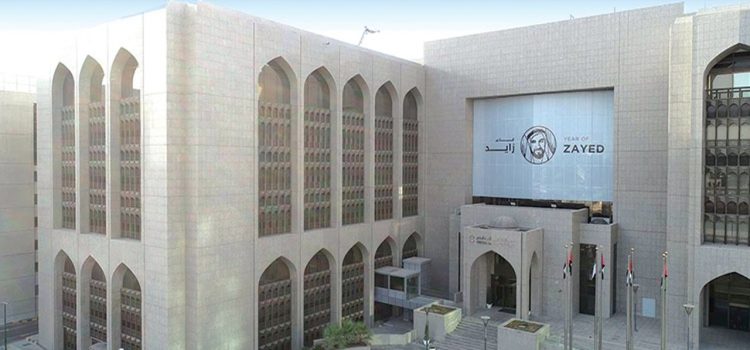
In a recent official visit by Malaysia’s Prime Minister Datuk Seri Anwar to Bahrain where he met with Bahrain’s Minister of Finance and Economy Shaikh Salman Bin Khalifa Al Khalifa to Malaysia, discussions on cooperating when it comes to cryptocurrencies and fintech were revealed.
As per Malaysia’s Prime Minister Datuk Seri Anwar both Malaysia and Bahrain are committed to strengthening their economies including areas related to cryptocurrencies and a potential sandbox platform.
“In addition, we also discussed cooperation in tourism, the connectivity between Kuala Lumpur and Manama, as well as in the manufacturing sector,” he said in a statement today.
Anwar said that Bahrain had also expressed its commitment to the success of the Asean-Gulf Cooperation Council (GCC) Summit and the Asean-GCC+China Summit, which will be attended by Crown Prince and Prime Minister Sheikh Salman Hamad al-Khalifa.
Malaysia discussed crypto regulatory frameworks with Binance and UAE as well
Earlier in January 2025, Malaysia’s Prime Minister Datuk Seri Anwar Ibrahim met with Binance founder Changpeng Zhao and UAE officials to discuss potential crypto regulatory frameworks. The discussions, which took place during Anwar’s three-day official visit to Abu Dhabi, centered on establishing policies that could recognize the crypto industry and modernize Malaysia’s financial system.
As noted at the time, Ibrahim stated, “I had lengthy discussions with the Abu Dhabi leadership and Changpeng Zhao, co-founder of the world’s largest cryptocurrency platform, Binance,” Anwar said, adding that he has urged the central bank and Treasury to study digital finance to avoid being left behind and protect the public interest.”
UAE policymakers expressed willingness to collaborate with Malaysia in developing its crypto regulatory approach.
Bahrain one of leading crypto regulated MENA countries
Bahrain was one of the first countries in the Middle East and Gulf to regulate cryptocurrencies through its Central Bank. It also launched a crypto sandbox and has since licensed several crypto exchanges including Binance, Crypto.com, CoinMENA, RAIN, BitOasis and others.
It is currently working on its stablecoin regulations as well as researching CBDC implementations.
Crypto Regulations in Malaysia need further development
Malaysia considers crypto as securities and are traded as such in the country, however The Central Bank of Malaysia Act establishes the ringgit as the country’s sole legal tender, effectively excluding cryptocurrencies from this status. Oversight of cryptocurrencies is shared between Bank Negara Malaysia and the Securities Commission. The central bank handles general crypto matters, while the securities regulator regulates digital currencies classified as securities.
Yet their crypto regulations still lack transparency and consistency.
There have been calls from within the government to adopt a more progressive stance towards cryptocurrencies. In March 2022, Zahidi Zainul Abidin, the deputy minister of the Communications and Multimedia Ministry, suggested that Malaysia should adopt bitcoin and other cryptocurrencies as legal tender. “We hope the government can allow this,” Zahidi said in Parliament, according to Bloomberg.
Additionally, religious authorities in Malaysia, such as the Shariah Advisory Council of the Securities Commission, have recognized digital currencies as a form of property from an Islamic perspective, further legitimizing their use within the country’s predominantly Muslim society, according to a study published in the Journal of Fatwa and Falak Selangor.
Still Malaysia faces one major issue with crypto and that is illegal crypto mining. stimates from the Deputy Energy Minister put the cost of this illegal activity at roughly $723 million in stolen electricity between 2018 and 2023.








